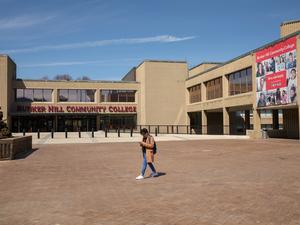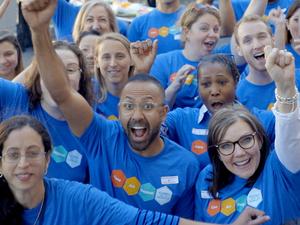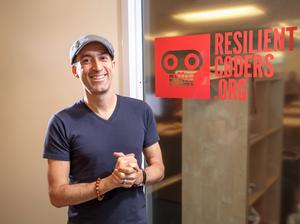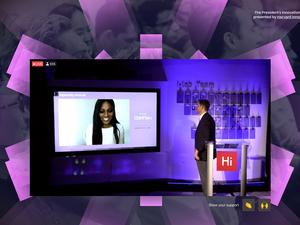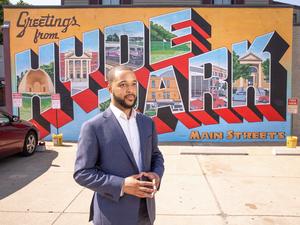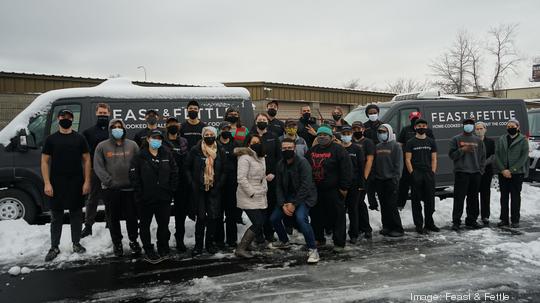
When you walk into the East Providence office of meal delivery service Feast & Fettle, you'll find a group of 60 employees that come from many diverse backgrounds and cultures. That's no accident, says CEO Carlos Ventura Jr.
“We were very small when we started and the company was founded by two women. I’m multiracial, and the other two founders have biracial children," Ventura told Rhode Island Inno. "In short, our management team intimately understands and appreciates the value of diversity in the workplace."
Similar to where Feast & Fettle was in its early days, Rhode Island now has a unique opportunity to make diversity, equity, and inclusion (DEI) a core part of its burgeoning startup community.
“Because it’s an emergent ecosystem compared to other more established ones, like New York or Boston or Silicon Valley, there’s a real opportunity to get it right from the start versus having to do it later when the networks are highly established,” said Banu Ozkazanc-Pan, a professor at Brown University who specializes in looking at funding inequities in venture capital.
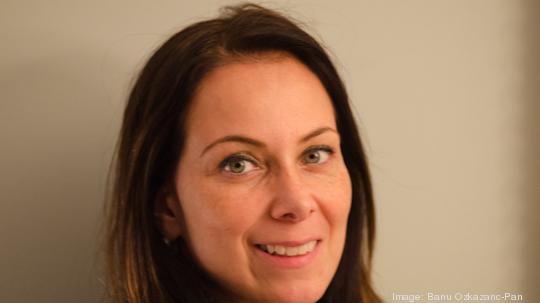
The statistics in the broader startup and venture capital ecosystem show there's still a lot of work to do in regards to boosting DEI efforts in the overall industry. Crunchbase’s 2019 annual diversity report found that 20% of global startups raising their first funding round in 2019 had a female founder. That number has actually doubled since 2009, but the percentage of global venture dollar volume toward female-founded startups has been more or less stagnant over the last five years.
The picture is much bleaker for the African American community. More than 80% of venture capital firms don’t have a single Black investor. Just 1% of venture-funded startup founders are Black, according to BLCK VC.
While Ventura says he's happy to see the term DEI becoming more prevalent in Rhode Island, he thinks the state is “behind the eight ball” when it comes to diversity and inclusion and startups. Ozkazanc-Pan, who is also the director of Brown’s Venture Capital Inclusion Lab, agreed that there's clearly an opportunity to increase DEI in the ecosystem.
The good news for Ozkazanc-Pan? She sees a clear desire among stakeholders to expand DEI among startups and the investing community.
“When I look at my undergraduate students — I’ve taught at UMass Boston and then a very different demographic at Brown — there is an absolute understanding of the urgency and necessity of diversity,” she said. “Both in terms of the demographics just for the U.S. and new market opportunities in terms of products and services, but also a real keen sense of equity issues.”
Diversity as the norm
Amy Erickson, associate director of programs and partnerships at District Hall Providence, said that now, when the organization recruits hosts panels, most people understand that they're not going to be filled with all white men. In fact, more people these days are interested in bringing new diverse people to the panels because they actually want to hear from diverse perspectives,” she said.
“It’s really kind of refreshing and a nice change of pace that you don’t have to explain it anymore,” Erickson added.
The key to really making strides on DEI in the Ocean State’s startup ecosystem will be continuing to be very intentional, said Ozkazanc-Pan. She points to St. Louis, Missouri, for inspiration, saying that from the get-go, those driving the startup ecosystem in St. Louis really made a grassroots effort to embed diversity and inclusion in its DNA.
For instance, said Ozkazanc-Pan, the organization BIOSTL — which invests in startups, puts on events, and provides lab space, among other services — put on a host of events that constantly had diverse founders, experts, and leaders without calling too much attention to their diversity.
“They were simply normalized as leaders in their various domains, without saying ‘Oh, this is a Black person talking about marketing,’” she said. “There was a real concerted effort by places like Venture Cafe and the Cambridge Innovation Center that set up shop there to have a diversity of topics being discussed in events, and bringing in diverse panelists and making it normal.”
Already, there is some of this going on in Rhode Island. District Hall Providence has been running a series of events called "Innovation Is For Everyone" which focus on diversity and inclusion in commerce and entrepreneurship.
Erickson said District Hall is also hoping to find the funding to bring its Launch pre-accelerator program that it runs in other cities to Providence. Launch is an inclusive eight-week program that seeks to help local aspiring entrepreneurs get off the ground, and Erickson hopes Providence could offer cohorts in Spanish to make it more welcoming to entrepreneurs that may not speak English.
Helping entrpreneurs of color
The Social Enterprise Greenhouse, another organization that supports entrepreneurs through various programming in different parts of Rhode Island, has also been working to boost diversity and inclusion over the years.
The organization on its website said it has gone from serving just 19% entrepreneurs of color in 2016 to 40% in 2020. The percentage of female-led ventures the organization serves has stayed consistent at over 60%.
Aside from bigger organizations and programming, small startups can also play a role in DEI efforts, according to Erickson and Ventura, who both say that startups can make a conscious effort to bring diversity to their company. They can do this simply by hiring people that don’t look the same, act the same, or come from the same school and background.
“When you have your first 10 employees and they all look and act the same and are from the same neighborhood and have the same socioeconomic background, you’re setting yourself up for a harder time down the road,” said Ventura. “That happens a lot, and I don’t think it’s done in a malicious manner. I just think people are more comfortable with people they are familiar with. Go against the grain a little bit.”
Ozkazanc-Pan added that she’s starting to see a shift in the funding scene, where entrepreneurs may not want to take money from investors if there's not enough diversity at their fund or company, or if they don’t have a diverse network.
“We start off thinking it's about money, but there’s a lot more that comes with taking capital,” she said. “I am seeing more value alignment happening with startups that want to create value financially and socially and environmentally.”
One important thing that startups can do, said Ventura, is to talk about diversity and spread the word.
“As one of the companies that is starting to see success, I want to make sure Feast & Fettle takes a leadership position when it comes to DEI and other things,” he said. “I think it’s super important, especially for the companies starting to do well. When people are starting to look at you, they are going to start to ask these questions on the type of people and culture you have.”
